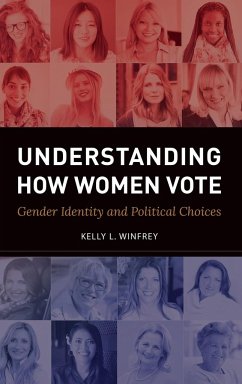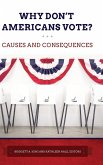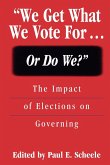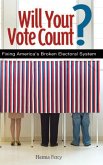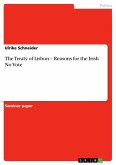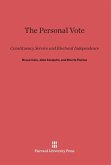Uncovering the psychological and sociological reasons for the gender gap in American politics, this fascinating volume explores how such factors influence women and lead to their political beliefs and behaviors. Research shows that voting women are distinctly different from voting men. Because the women's vote has been important in nearly every election since the 1980s, it's critical to understand why this gender gap exists and what it means for American politics. This thought-provoking study offers an accessible introduction to research on gender and elections while providing new insights into women's voting behaviors. Based on original research with women voters of varying ages around the United States from 2008 to the present, the book delves into differences between voting women and men-and indeed among women themselves. The gender gap, the author argues, exists because women's social identity is tied to their group memberships and gender-role beliefs. Thus, rather than grouping all women into one voting bloc, the book examines how gender identity influences various sub-groups of women. It begins with a discussion of the gender gap in voting preferences throughout history, then goes on to explore the roles of feminism and women's connectedness to their gender group as a primary cause of the gender gap in voting. The remaining chapters discuss how these factors influence women's political engagement, policy positions, and candidate preferences.

